Welcome to my blog!
Every morning, I begin with a cup of coffee and 15 minutes of free thinking. I write down everything that comes to mind, from new ideas to thoughts that emerged overnight. This is where I develop and refine my new research. You'll find some repetition and ideas still in progress. Some might seem unusual or unclear at first, but that's part of the journey! I'm excited to share how my ideas form and evolve.
Logical Injustice: A New Dimension of Wronging Reasoners
This blog post introduces the concept of logical injustice, exploring its parallels with epistemic and hermeneutical injustices, and discusses how failing to appreciate the coherence in someone's thoughts constitutes this new form of injustice.
Epistemic injustice is to wrong someone in their capacity as a knower; hermeneutical injustice is to wrong them as an understander. What I propose is that logical injustice is to wrong them in their capacity as a reasoner. To wrong someone as a reasoner is to fail to appreciate the coherence in their thoughts. I want to discuss whether logical injustice is subject to the same problem as epistemic and hermeneutical injustice, namely that the injustice is neither genuinely epistemic nor hermeneutical, but rather reducible to prejudices and social injustice.
Kristie Dotson, for instance, distinguishes three levels of epistemic injustice, only one of which is genuinely epistemic; the other two are not because the reparation doesn’t require a change in the shared epistemic tools. It’s only when an injustice is propagated by the inertia of the dominant epistemic systems that resist change or accommodation that the injustice is genuinely epistemic. If the injustice is the historical exclusion of women from philosophy, the injustice is reducible to patriarchal injustice, not something specifically epistemological. Some women were given enough space to contribute to the growth of philosophical knowledge, and they could contribute without having to change or add to the dominant epistemological tools. Maybe a case like that is Émilie du Châtelet, who found a way to contribute to philosophy, not by changing how it’s done, but by breaking through the ranks. I’m simplifying here.
In contrast, I think a modern example of a proper epistemological injustice, one that is due to the inertia of the dominant theories, is the exclusion of trans people from contributing to knowledge. If I understand Dotson correctly, the exclusion is due to the resistance of established knowledge systems to change the conceptual space of sex and gender to appreciate the expression of alternative identities. Established epistemological tools can at best accommodate a trans person as being “both a man and a woman” or “neither a man nor a woman.” However, this is far removed from the knowledge, understanding, and reasoning that trans people have and can contribute, but aren’t allowed to because it doesn’t fit within the established epistemology. I believe this is what Dotson means by irreducible epistemic injustice due to the inertia of dominant epistemology.
Now that we can appreciate what irreducible injustice means, we can ask how epistemic, hermeneutical, and, what I wish to contribute, logical injustice, differ.
Reference: Dotson, Kristie. “Conceptualizing Epistemic Oppression.” Social Epistemology 28, no. 2 (April 3, 2014): 115–38. https://doi.org/10.1080/02691728.2013.782585.
Conceptual Erasure and Logical Silencing: Voices in the Void
This post explores the deep-seated issues of epistemic injustice faced by queer and trans individuals, highlighting the pivotal role of language and community in affirming identity and the dire consequences of its absence.
In Judith Butler's recent work, "Who’s Afraid of Gender (2024)," a compelling passage (p.106) captures the essence of a struggle faced by many within the queer and trans community. Butler articulates the bleak reality for individuals whose lives and identities are marginalized due to the lack of language and community acceptance:
“If a queer or trans kid seeks to live, if a girl assigned male at birth seeks to change the gender expectations made of her, if a boy assigned female at birth is seeking to affirm his life, and there is no language or community in which these lives can be affirmed, they become the waste expelled from the human community, and their sexuality and their gender become the unspeakable. Heteronormativity becomes mandatory, backed by law or doctrine, forming the horizon of the thinkable, the limits of the imaginable—and the livable."
This concept resonates deeply with the notion of hermeneutical injustice, a term Miranda Fricker coins in "Epistemic Injustice (2007)," to describe a situation where a lack of terminology prevents individuals from understanding and communicating their experiences, making it next to impossible to make sense of their lived experiences. Fricker's example of women who, upon sharing experiences of sexual harassment, found themselves without the language to articulate their plight, mirrors the experiences Butler describes. Before these women could name their harassment, they were ostracized, deemed overly sensitive for not "lightening up" or being able to take a joke.
What Butler describes about the experiences of queer and trans kids works with the same idea, namely that not having terminology available to the community to express one’s lived experiences erases them. Unlike the case Fricker describes where the terminology had to be created to make sense of the harassment experienced by women, the terminology for queer and trans kids is available, even if only recently created. What Butler criticises with modern society, however, is the resistance to adopt the terminology and accept the way people make sense of their life. Even more damaging, it’s the call to eradicate the terminology altogether, with governments now censoring books on critical theory. This is not only erasing identities, but actively silencing them.
Now, this leads me to consider that we are facing yet another form of epistemic injustice, closely related to hermeneutical injustice, which I propose to call “conceptual injustice.” Conceptual injustice occurs when someone is wronged by being denied the vocabulary necessary to express their lived experiences. Beyond this, I suggest an even deeper layer of epistemic injustice that cuts further than the mere availability of concepts. This I term 'logical injustice' (Mangraviti 2023), which operates at the level of coherence within one’s experiences. The absence of appropriate concepts not only renders the sexuality and gender of trans and queer individuals unspeakable but also "un-reasonable." It’s not merely that their experiences cannot be expressed; they cannot be reasoned with, and thus, cannot be coherently integrated into their sense of self.
The stakes of this discussion are high. Without the ability to express and reason through one's experiences, individuals are not just silenced; they are systematically excluded from the discourse that shapes human understanding and community. This form of injustice doesn't just deny queer and trans individuals their voice; it denies them their very place in the world. It becomes clear that the fight for epistemic justice is not just about finding the right words. It's about affirming the coherence of the experiences of those marginalized by societal norms, ensuring that every individual has the language and the logical space to make their lives coherent and heard.
References:
Butler, Judith. Who’s Afraid of Gender? London: Penguin Random House UK, 2024.
Fricker, Miranda. Epistemic Injustice. Oxford University Press, 2007.
Mangraviti, Franci. “The Contribution of Logic to Epistemic Injustice.” Social Epistemology, December 13, 2023, 1–13.
Tracing the Social Pressure from Man/Woman to Male/Female
Exploring the intricate link between gender identity and biological sex, this post investigates how societal constructs around 'man/woman' influence our understanding of the 'male/female' distinction. It questions the origins of social pressure that shapes our perceptions, challenging us to rethink the boundaries between biological realities and cultural expectations.
I've finally come to understand what it means to say that sex in humans is a social construct. This understanding now allows me to further explore and make sense of the social aspect of this construct, examining the roots of what we categorize as 'male' and 'female,' beyond the confines of biology. Yesterday, I discussed how societal pressures shape the scientific definition of sex, pressing it to align with what is observed at birth—the "eye-ball test." This doesn't dispute the existence of a biological definition of sex based on gamete production, but highlights a mismatch with societal expectations derived from observable physical characteristics at birth.
In my previous exploration, I highlighted how Pluto's reclassification was influenced by societal and scientific consensus within the astronomical community, underscoring the dynamic interplay between societal values and scientific categorization. Turning our focus to human race and sex, these concepts further exemplify the intricate relationship between societal constructs and scientific inquiry. The categorization of race, often based on visible traits such as skin color, presents a compelling case where the scientific community has largely found that such social categories do not align with clear-cut genetic or biological demarcations. This understanding is rooted in the recognition that human genetic diversity cuts across socially constructed racial lines, challenging the notion that race has a direct biological basis corresponding to these superficial observations.
Conversely, the discourse surrounding sex in humans reveals a different landscape. While societal norms have historically leaned towards a binary classification based on observable physical characteristics at birth, the scientific understanding of sex is far more complex, encompassing a spectrum of biological realities including chromosomal, hormonal, and anatomical variations. This complexity has prompted discussions within the scientific and medical communities about how best to reconcile this biological diversity with societal classifications. The conversation is not so much about forcing a scientific definition to fit societal observations but about acknowledging and respecting the breadth of human variation within scientific and societal contexts.
This exploration into race and sex underscores a broader theme: the influence of societal perceptions on scientific classification is nuanced and varies across different domains. While the scientific community strives to base classifications on empirical evidence and biological realities, societal constructs of race and sex demonstrate the challenges and negotiations involved in bridging scientific understanding with social perceptions. It highlights a selective engagement with scientific legitimization, where some constructs, despite lacking a strict biological basis like race, are recognized for their social significance, whereas others, like sex, are subject to ongoing debates about the intersection of biology and societal norms.
Where, then, does the drive to find scientific validation for the socially defined distinction between male and female come from? My working hypothesis is that it's rooted in the socially defined concept of gender. By differentiating 'male/female' from 'man/woman,' we ascribe a biological status to the former, acknowledging the latter as a distinctly social construct. However, the 'eye-ball test' employed by doctors at birth carries significant historical and cultural baggage. It embeds gender roles within a patriarchal framework and perpetuates stereotypes linked to activities and attributes like hunting and gathering, reason and emotion, labor and family care, as well as arbitrary color codes and interests such as blue vs. pink and space vs. dolls. This entire social package encoded in the man/woman distinction not only preserves existing social patterns but also sets clear expectations about who fits on each side of the dichotomy. This practice, seemingly effortless, lends an illusion of biological legitimacy to a construction that is, at its core, deeply social.
The pressure to fit individuals into these predefined categories places an enormous burden on the biological aspects of sex, such as gamete production, to uphold societal constructs and expectations. As we navigate the nuanced distinctions between male and female, man and woman, it's evident that the social constructs surrounding gender and sex are complex and deeply embedded in our culture. This journey sheds light on the intricate interplay between societal expectations and scientific categorizations, challenging us to reconsider our approaches to understanding human identity. Amidst this reevaluation, it's hard not to spare a thought for the gametes, unwitting participants in a societal debate far beyond their microscopic existence. There’s indeed a lot of pressure on those poor gametes!
Reason as a Social Construct
This post explores how the concept of reason is a social construct shaped by historical power dynamics.
Yesterday, while reading Genevieve Lloyd's "The Man of Reason," a realization dawned on me: reason is a social construct. This insight reshaped my understanding, highlighting how the conception of reason is steered by those wielding greater societal power: men. Similar to other constructs, like gender, the notion of reason aligns with a historical trajectory in Europe that predominantly celebrated male freedom—manifested through political engagement, academic presence, and leadership roles—while relegating women to domestic spheres, thus perpetuating their subordination.
Engaging more deeply with critical theory, across the domains of feminism, queer theory, and post-colonial studies, I've noticed a pervasive pattern: our societal structure is steeped in systematic dualisms, a concept I've borrowed from Plumwood. These dualisms serve to both reinforce and normalize the oppression of marginalized groups. Despite this broader exploration, today, I'm particularly drawn to the concept of reason. When I first encountered Kant's "Critique of Pure Reason" as a teenager, and upon revisiting it in subsequent years, it didn't strike me that his critique extends beyond assessing how people employ reason or defend their understanding of it. Rather, Kant was engaged in redefining and adapting reason to align with the Enlightenment's values. This necessitated a departure from the confines of ancient Greek philosophies and medieval Christian dogma, making room for the burgeoning field of science. And the concept of reason had to be reconstructed accordingly.
The discourse on reason doesn't align with a clearly defined concept that has been progressively refined, unlike our growing understanding of fields such as optics or astronomy. Traditionally, the concept of reason has positioned men at a societal advantage, conferring upon them a privileged status. This advantage is intricately linked with the evolution of democracy, drawing a contrast with the stereotypically "passionate" nature attributed to women. Despite ongoing critiques from feminist and other critical perspectives, this bias doesn't merely persist—it remains pervasive in society. Women are often depicted as overly emotional or dramatic in leadership positions, while men are still viewed as the rightful exemplars of reason.
But what exactly is reason? It does not directly correspond to neural processes, as some philosophers might suggest, but rather seeks to define patterns of reasoning, decision-making, and truth-seeking. What is it about? I am not advocating for the elimination of the concept from discourse; rather, I had not previously considered the potential to question its very foundations. Now, equipped with these questions, I recognize how constructions of reason contribute to sustaining an unjust distribution of power within society.
The exploration of reason as a socially constructed concept, influenced by historical power imbalances, invites us to reconsider its application and significance. By understanding its roots and questioning its current role, we can begin to challenge the structures that perpetuate inequality, opening the door to a more inclusive and equitable philosophical discourse on reason.
Reference: Lloyd, Genevieve. The Man of Reason : “Male” and “Female” in Western Philosophy. 2nd ed. London: Routledge, 1993.
Unraveling Feminist Logic: A Critical Lens on Power and Neutrality in Dialectical Spaces
In this post, the Logic in the Wild framework is employed to refresh feminist critiques of logic, steering away from evolutionary simplifications and gender symbolism errors.
Is there such a thing as feminist logic, and what is it? It's crucial to understand that feminist logic is not a form of reasoning exclusive to females, women, or what might be considered 'feminine' thinking. If we entertain the idea that logic is a product of evolution, it's hard to imagine how it could have developed differently for female members of our species compared to males over thousands or millions of years. Despite potential internet lore suggesting otherwise, the notion seems implausible at best.
The distinction between feminine and masculine logic, especially when considering these concepts as social constructs, falls into the trap of gender symbolism. This is the erroneous practice of assigning gendered traits to non-gendered entities, such as the Moon being feminine and the Sun masculine in French, a convention that varies across languages. Given that logic serves as the guardian of coherence, focusing on patterns of thought rather than content, as I present it in Logic in the Wild, attributing gender symbolism to it constitutes a categorical mistake.
This leads us to inquire: does feminist logic relate to the distinction between man and woman, a debate more centered on gender than sex? At this juncture, the intersection of feminism and logic becomes increasingly relevant. Research specifically targeting the question of whether women employ a distinct form of logic is sparse. Historically, the discourse has predominantly leaned towards broader intellectual disparities. A narrative deeply rooted in European history, stretching back to Ancient Greece, posits that women are predominantly influenced by emotions and passions, as opposed to reason. This perspective finds echoes in discussions concerning race, skin color, and sexual orientation, among other attributes. I’ve discussed these parallels in a previous post, highlighting how intersectional concerns render such accusations absurd.
However, conceptualizing logic as the guardian of coherence clarifies that it operates independently of gender identification. This demonstrates that the function of guarding coherence goes beyond the nuances associated with gender identity. Thus, feminist logic is not merely about identifying a distinct form of reasoning tied to females, women, or femininity. In Logic in the Wild, I discuss how logic provides a neutral space for dialectical inquiry. It is at this point that feminist critiques become particularly important and relevant. These critiques urge a critical examination of the notion of neutrality. The idea of a dialectical space, filled by agents with varying levels of power and influence, highlights that neutrality in terms of content does not inherently lead to justice or an equitable distribution of power within such spaces. This insight emphasizes the need for a nuanced understanding of logic's role in societal discourses, bringing to the fore the vital intersections where feminist concerns are paramount.
It is in this context that feminist logic offers a profound critique of the power imbalances persisting in supposedly neutral dialectical spaces of enquiry. This analysis extends beyond feminism to include insights from queer theory, post-colonial theory, and critical theory at large.
In conclusion, feminist logic represents a critical examination of the power dynamics inherent in neutral spaces of dialectical inquiry, highlighting the need for equity and justice. It challenges us to rethink our assumptions about neutrality and the distribution of power in intellectual discourse, informed by the valuable perspectives of feminism and other critical theories.
Navigating the Nuances of Generalisation in Logic and Critical Theory
This post explores the distinctions between universal and existential generalisations in logic, and how these concepts apply to the complexities of critical theory and social discourse.
A central theme in logic is the concept of generalisation. Generalisations involve making statements about groups, such as asserting that all cats have four legs, no pigs can fly, or some people have blue eyes. There are two primary types of generalisations in logic: universal and existential. Universal generalisations concern every member of a group, while existential generalisations refer to at least one member.
In orthodox logic, the criteria for evaluating these statements are stringent. For instance, a universal generalisation fails if even a single group member deviates from the claim. The statement that all prime numbers are odd is incorrect because the number 2 is an even prime number. Despite the infinite odd prime numbers compared to the singular even prime number, the generalisation does not hold. Conversely, existential generalisations hold true if at least one instance can be verified, making the statement "some prime numbers are even" accurate due to the existence of 2.
Generalisations typically work in a reverse fashion in everyday reasoning. For example, encountering a three-legged cat might lead one to acknowledge, despite surprise, that some cats indeed have three legs. Alternatively, the belief that all cats chase birds might deter someone from letting their cat outside to prevent bird chasing.
The application of generalisations becomes murky in critical theory discussions, such as feminism. A common oversimplification on platforms like YouTube, often perpetuated by figures like Pederson, is the notion that feminists believe all men are inherently bad, based on the experiences of some women who have been victims of sexual abuse. This simplification misrepresents both groups, suggesting a failure to distinguish between the individual and systemic levels of analysis.
Critical theory often grapples with generalisations about social power dynamics, requiring careful consideration of whether claims operate on a logical or statistical basis. The statement that women are victims of sexual abuse by men does not imply that every woman is abused by every man; rather, it indicates a statistical trend where most victims are women, and most perpetrators are men.
In wrapping up, I'm not proposing a resolution to this intricate issue but rather inviting you to ponder the subtle differences between logical and statistical generalisations. The discourse around #notallmen and feminist critiques illustrates a critical point of confusion: conflating individual exceptions with broader statistical trends. By understanding these nuances, we can foster more informed and productive discussions about societal challenges. This reflection isn't about offering solutions but encouraging a deeper contemplation of how we interpret and generalize complex social phenomena.
Bridging the Gap: Critical Theory in Everyday Conversations
Exploring the challenges of discussing critical theory outside academic circles and the importance of integrating its lessons into broader education to foster informed citizenship.
As I delve deeper into critical theory, discussions often pivot to topics like feminism, queer theory, and post-colonial theory. While feminism is somewhat recognized, the intricacies of these subjects seem as esoteric to the general populace as Quantum Theory (QT)—where only a select few experts and advanced students truly engage with the material. The rest might glean their QT knowledge from Marvel movies rather than academic texts—a simplification, certainly, but one that illustrates my point.
Logic and QT share a commonality in their specialization; both are understood and researched by a select few. We introduce logic and elements of logical thinking through critical thinking courses to a broader student body, yet this exposure barely scratches the surface of advanced logical concepts, analogous to the complexity of QT. At university, we often start teaching logic from the basics, recognizing the lack of prior education in this discipline.
However, this post centers on critical theory rather than logic. In reflecting on my experiences, I've realized that critical theory is more akin to logic than QT in academia. Few delve into its in-depth research, and it rarely makes its way into general education before university level. Yet, claiming that critical theory is entirely absent from pre-university education would be an oversight. Efforts to incorporate its principles into the curriculum exist, and some of my previous work has focused on integrating feminist critiques into general education—not to indoctrinate students with theory but to enrich their development and understanding of societal dynamics.
Critical theory's educational value lies not in memorizing theories and facts but in cultivating well-rounded citizens aware of their societal positions, power dynamics, and how to engage constructively in their communities, allowing for diverse perspectives to thrive.
The challenge, however, remains in discussing critical theory with those unfamiliar with its depth and scope. For many, their understanding of feminism, for example, may be limited to the caricatured versions criticized by figures like Jordan Peterson, rather than a nuanced comprehension. This misrepresentation does as much for educating the public on feminism as Marvel movies do for QT or Star Trek does for logic.
The dilemma we face is not just about making critical theory more accessible but finding effective ways to engage in meaningful conversations about it—before being prematurely dismissed with a wave of misguided criticism and a hint of cheap Chardonnay.


















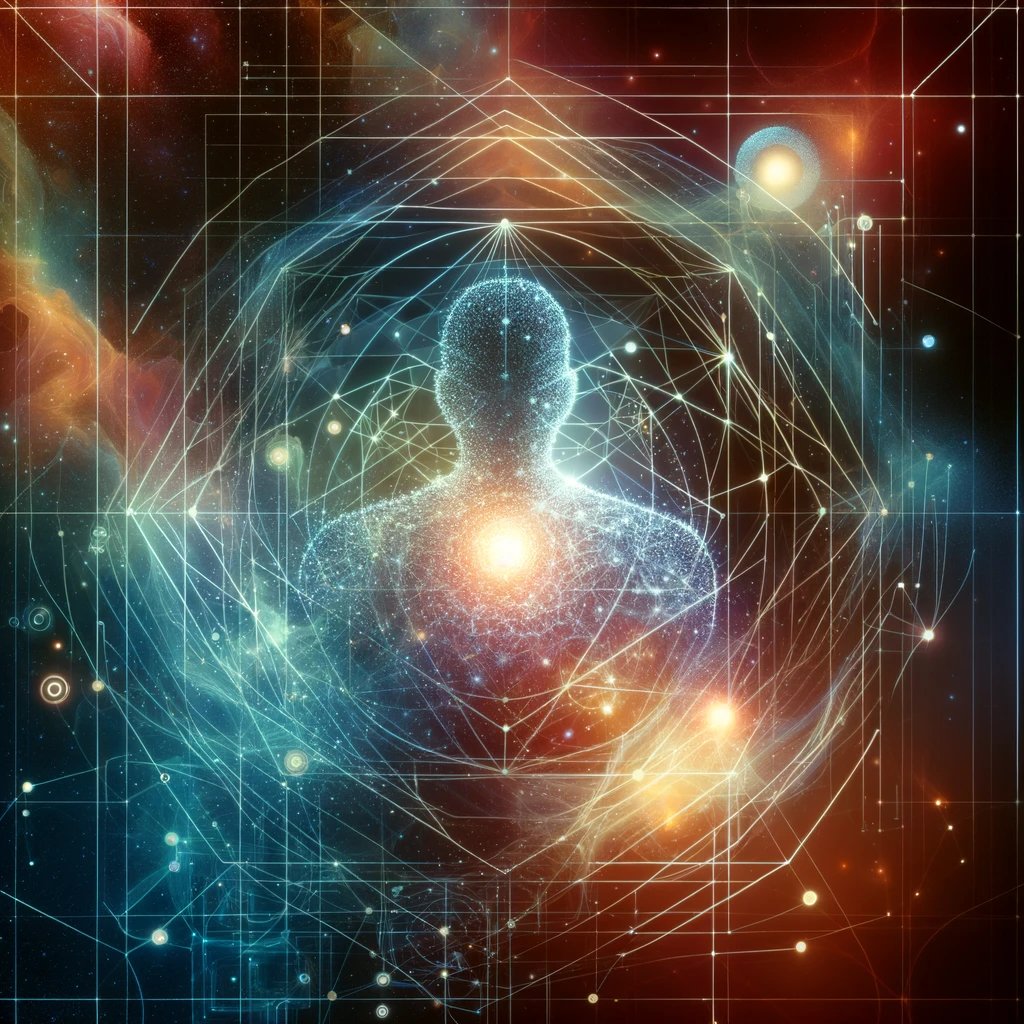
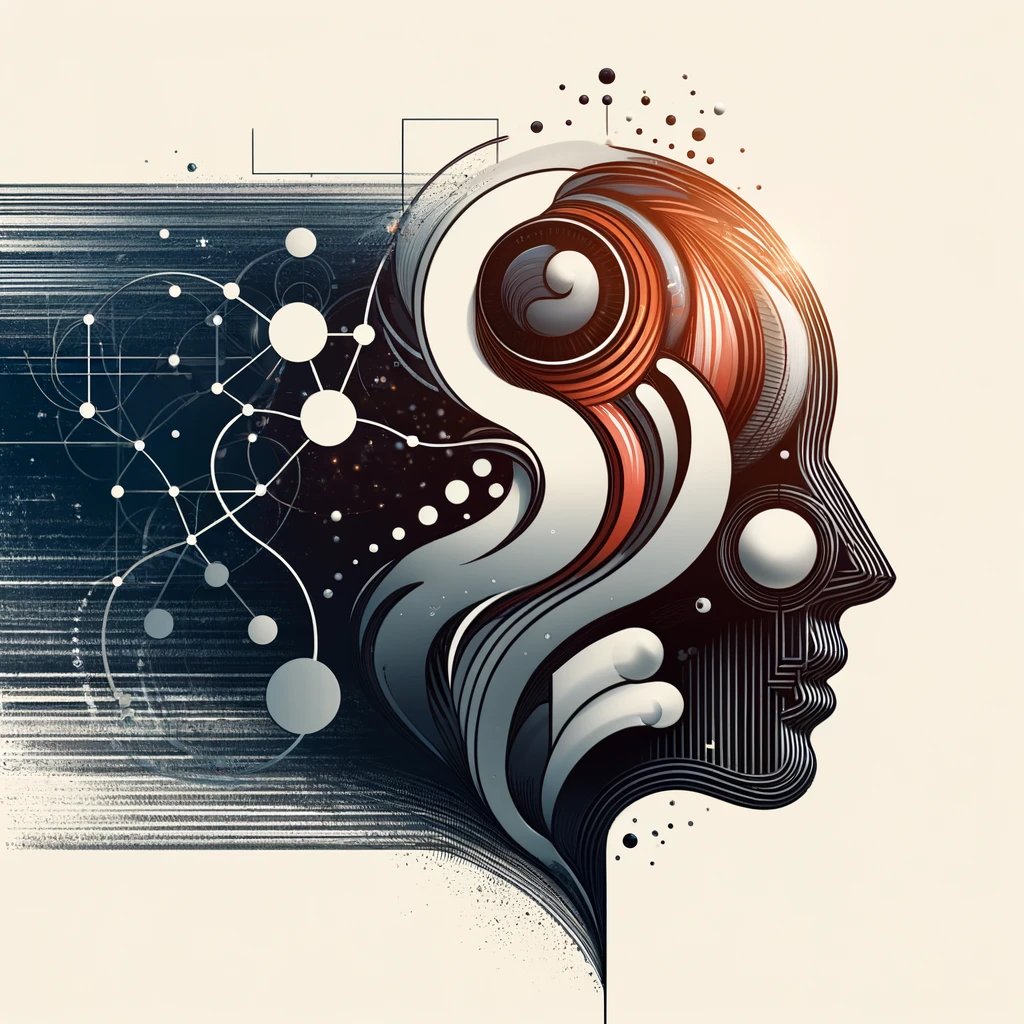



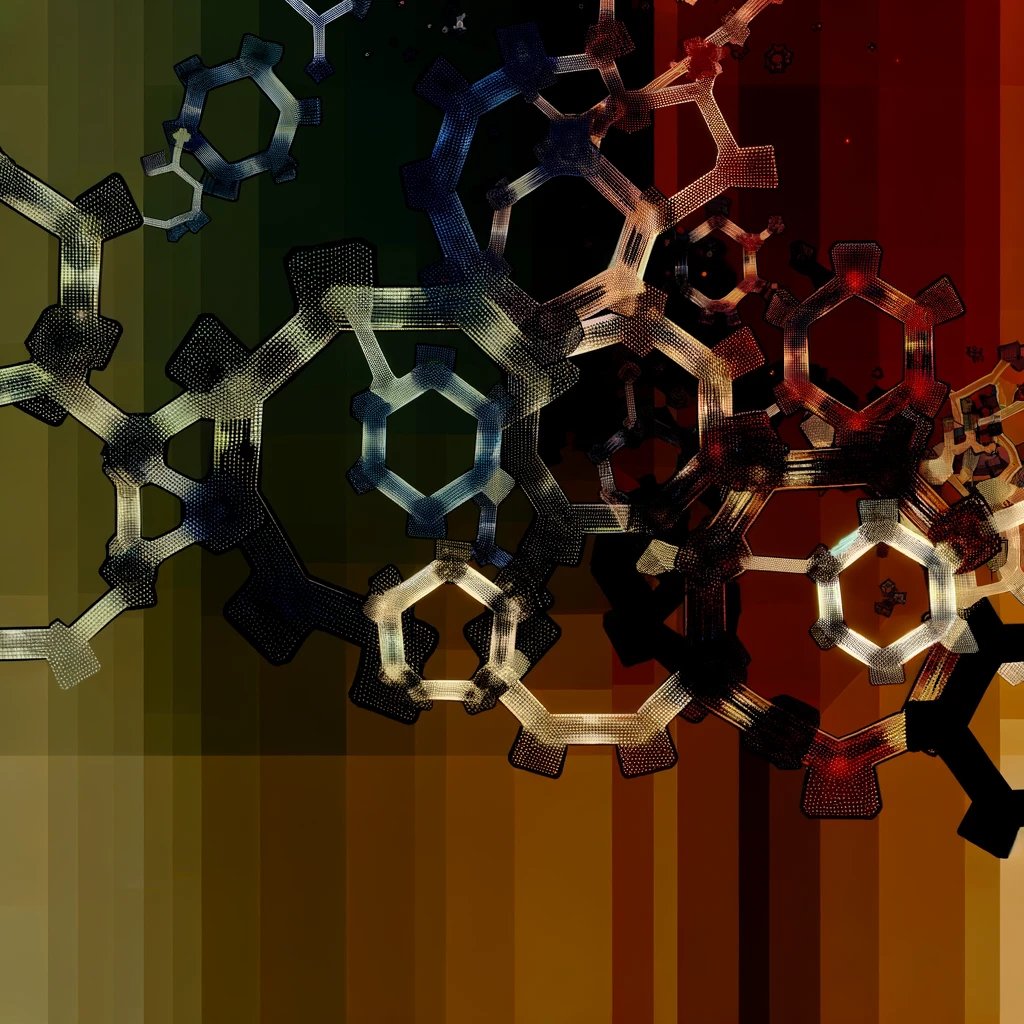



































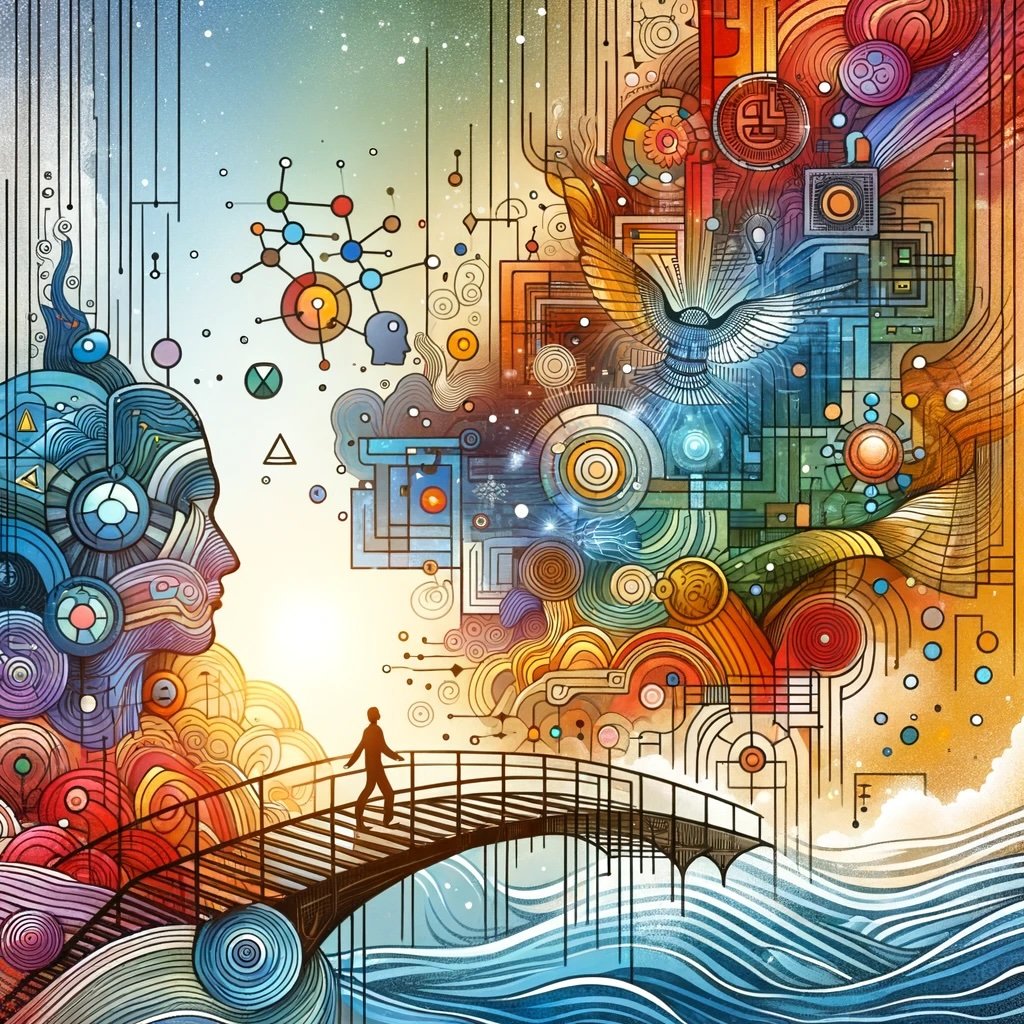














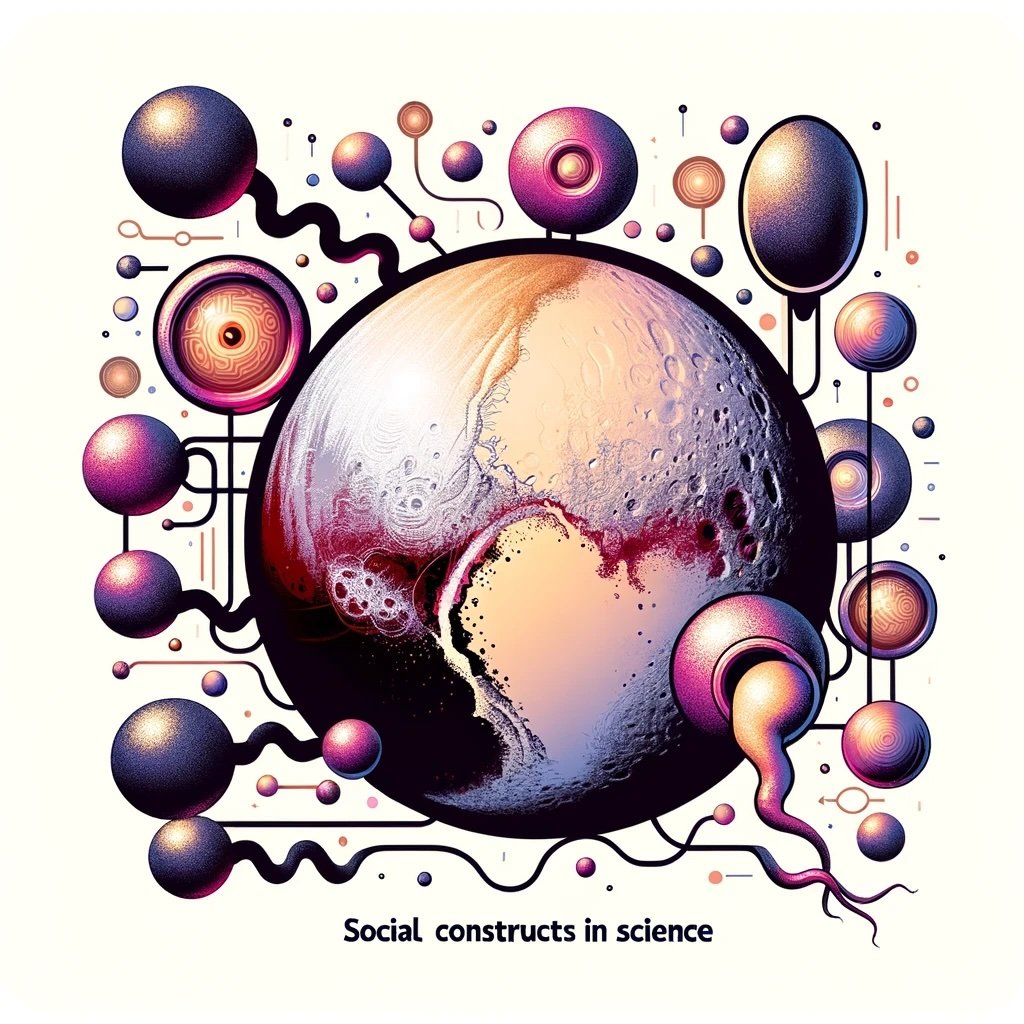
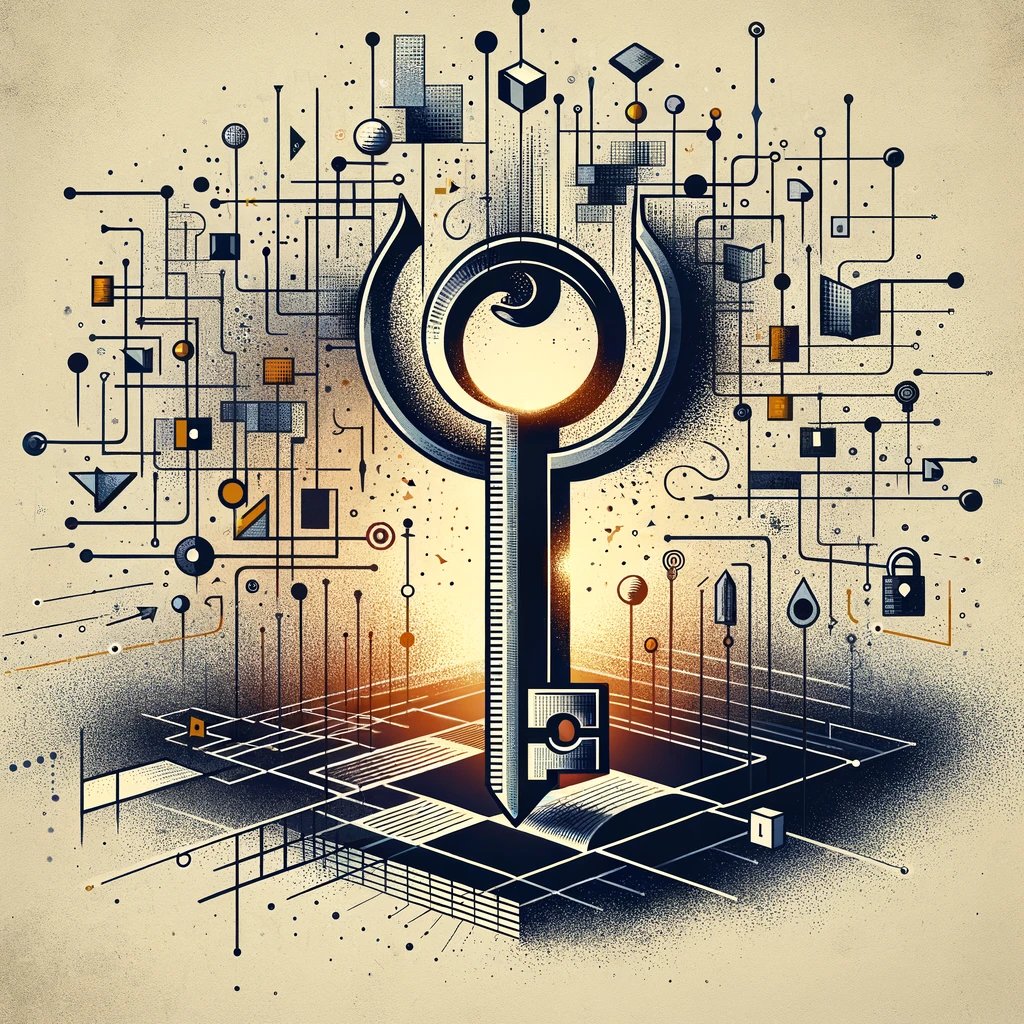








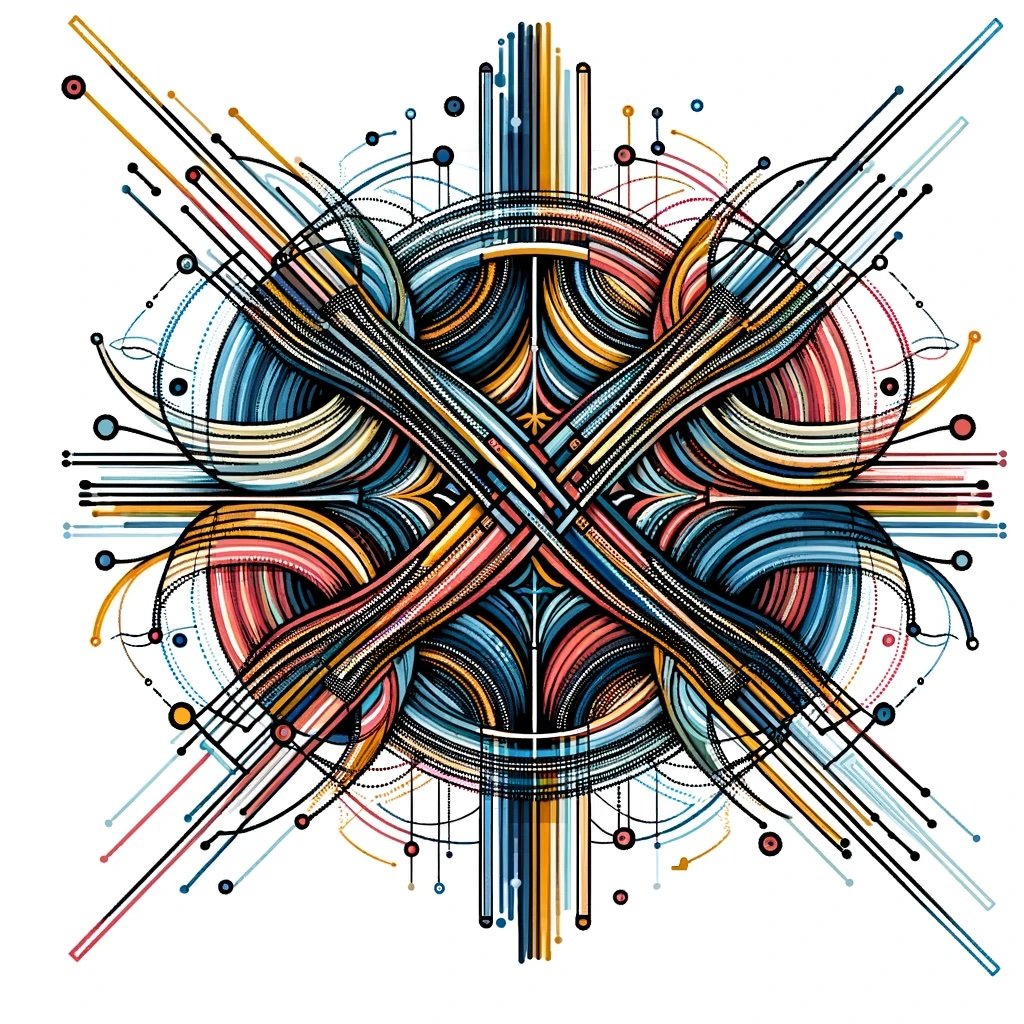

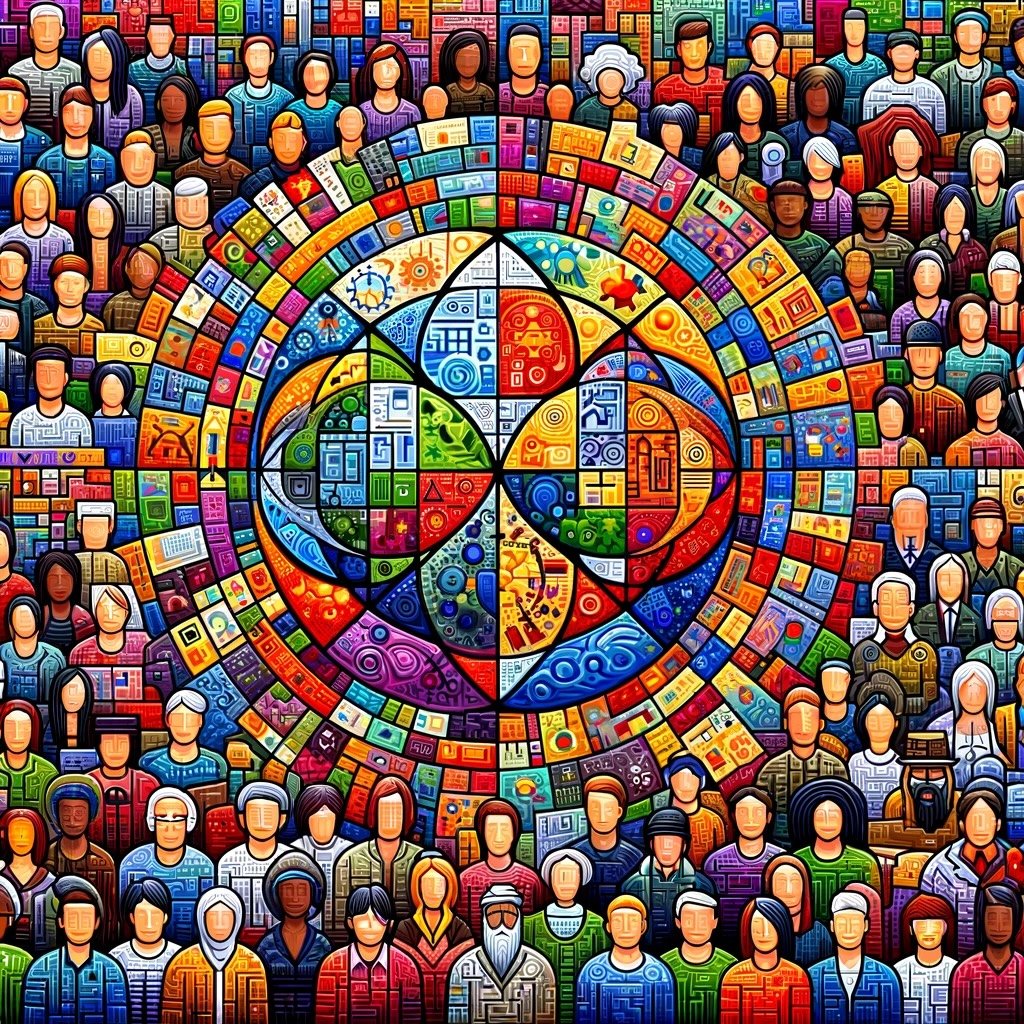




Examining the ways populism exploits incoherence and bad logic to make truth irrelevant, and the dangers this poses to political discourse.